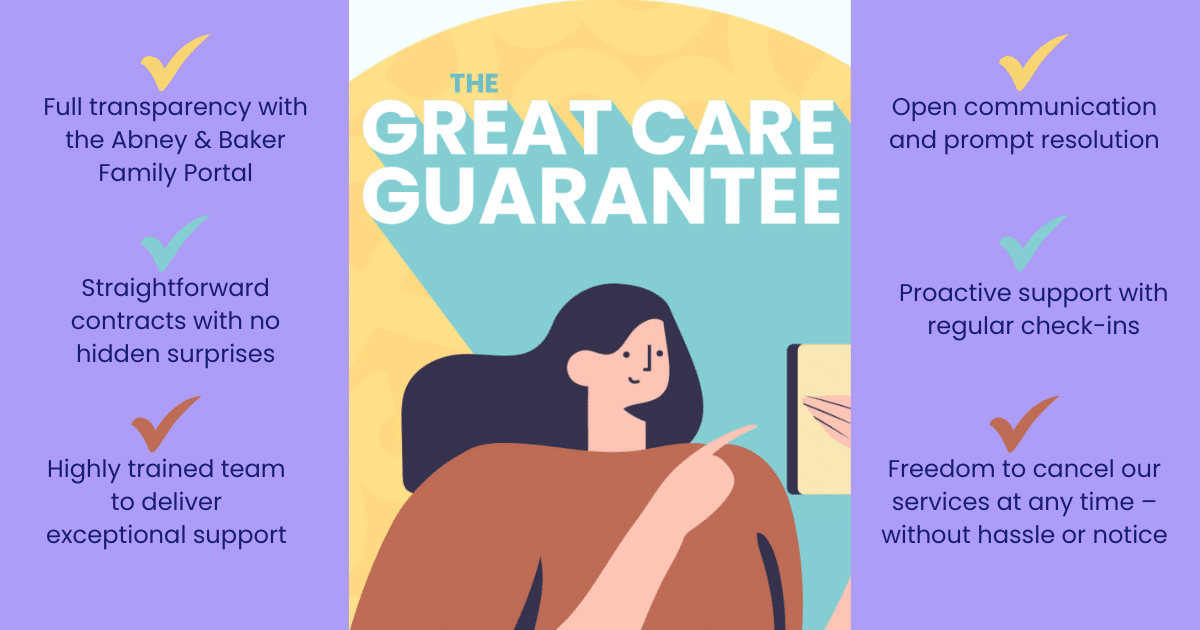1. Ask for help
Surveys find that men are less likely than women to see a doctor when they’re not feeling well. Prompt medical care can make a big difference. It’s also a good idea to get some routine tests done at the doctors to check your blood pressure and cholesterol levels. High readings increase your risk factor for stroke and heart disease, but any problems are completely reversible with medication. Whilst you’re there, why not ask about the seasonal flu jab? It’s free once you reach 65, or if you have a health condition that puts you at risk of more serious problems if you caught the flu.
Also, if you are feeling overwhelmed by keeping on top of daily activities at home such as washing, cleaning, cooking, there is always help out there. Get in touch and we can chat through your options for daily support.
2. Keep your bones strong
It’s true that our bones tend to lose strength as we get older. But even in later years, there’s plenty we can do to prevent falls and fractures. Lower your risk by ensuring you get plenty of bone-healthy calcium and vitamin D daily. Research suggests that many older adults aren’t getting enough of this nutrient, which plays many key roles in keeping you healthy. Vitamin D deficiency has been linked to cognitive impairment, bone problems and also cardiovascular disease. So, try to get outside in the sunshine for at least 15-20 minutes a day for a vitamin D boost. It can also be found in food such as eggs and oily fish. Alternatively, talk to your doctor about a vitamin D supplement.
Do weight-bearing, bone-building exercises such as walking and jogging. Weightlifting and other strength training exercises are also good for your bones. If you’ve fallen in the past, ask your doctor about local exercise programs that include strength training as well as balance, flexibility, and stretching exercises.
3. Look after your eyes and ears
As we age our hearing and eyesight can be affected, so it’s important to get them checked regularly. Hearing loss is common in older people so see your doctor if you have to have the TV on loud or having trouble tuning into conversations. If you need a hearing aid, some are available on the NHS.
Have your eyes checked every year if you are aged 70 or over, and every two years if you are under 70. This means that changes in your vision can be corrected and any problems can be picked up before they seriously affect your sight. Eye tests are free if you are over 60.

4. Eat a balanced diet
Some people find their appetite starts to drop as they get older. Eating less can make it more difficult to get the nutrients you need to keep muscles and bones strong and healthy. In later life, you still need to eat healthy foods, though you need fewer calories. An ideal diet should be low in saturated fat, with lots of fruit and vegetables, wholegrains, oily fish, and small amounts of low-fat dairy and lean meat.
Don’t forget to top-up with lots of water to avoid dehydration, which can make you feel tired and confused. Tea, coffee and fruit juice will also help you to stay hydrated but avoid sugary fizzy drinks.
5. Exercise your brain
Join a book or discussion club, sign up for a class at the local library or community college (some offer free classes for older adults), do word puzzles, number puzzles, jigsaw puzzles – whatever interests you. Make sure you challenge your brain by trying new things and playing against the clock rather than just repeating the same exercises over and over again. Spending time and doing things with other people, of all ages, can help keep you mentally, physically and emotionally fit. It can also give your brain a boost and lift your mood.
If you need support to accompany you to local events or groups do get in touch to find out more about companionship support.
6. Exercise your body
Regular exercise is important for good health, no matter how old you are. Along with a healthy diet, exercise helps you:
- Reach and maintain a healthy weight
- Tones up your heart, circulation, and muscles
- Strengthen your bones
- Boost brain function
- Lift your mood and help prevent and ease depression
Government guidelines recommend that older adults do 150 minutes of moderate intensity activity per week, as well as strengthening exercises twice a week. Check out our fitness blog post for lots of exercise options.
7. Sleep soundly
Many of us have trouble getting – or staying – asleep as we get older. This can leave you feeling tired and grumpy. Avoid insomnia by cutting down on daytime
naps, establishing a bedtime routine and going to bed at the same time each night. Try a warm drink such as chamomile tea or hot milk before you go to bed.
Age UK has a great guide on ‘Getting a good night’s sleep’ if you want to find some more tips.
Sources: Age UK, NHS, gov.uk
If you feel you need a helping hand at home to keep your health on track do get in touch to see how we can help.
Helping your loved one to continue living independently and confidently in their own home.
By providing a range of support at home, we’re helping many clients across Bath & North East Somerset and West Wiltshire retain their independence and stay in control in the comfort of their own homes.
Remember we’re always here if you want to chat about your care options. Just get in touch:
Call 0333 043 4880 – Email enquiries@abneyandbaker.com – Book a call here














